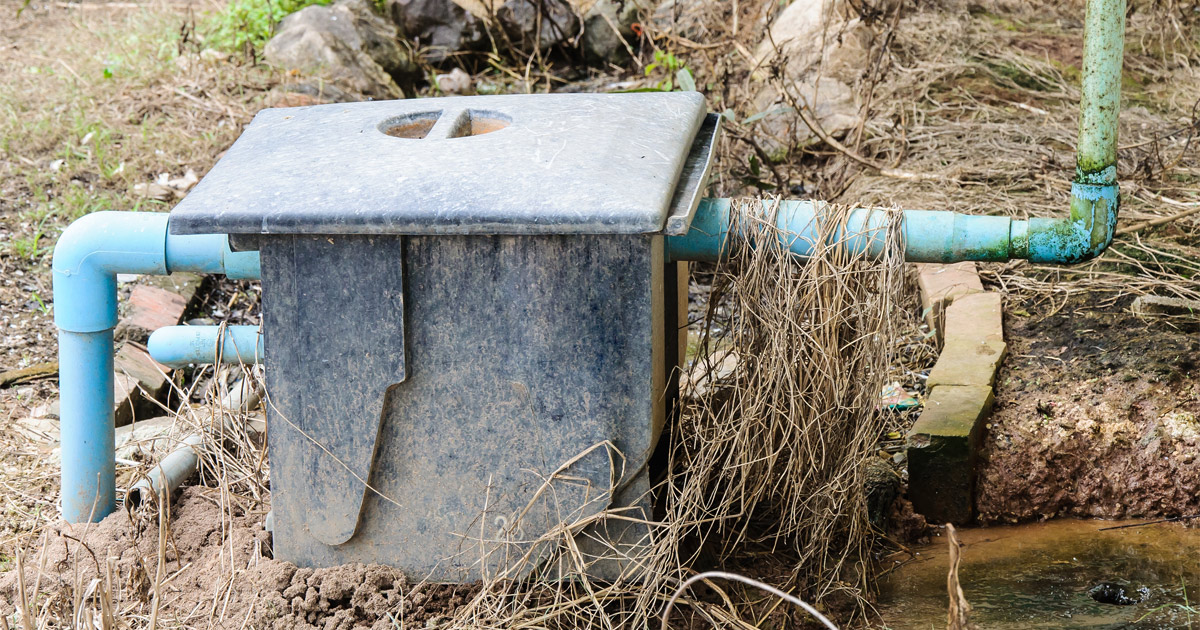What Are Brownfields?

A brownfield refers to any piece of developed land that is not in use due to potential environmental contamination. Many brownfields are former industrial sites. A brownfield contains either known environmental hazards or is suspected of containing hazardous materials. That means it will be necessary to remove the waste to make a brownfield a viable commercial property.
If left alone, a brownfield could be a danger to a local community. Hazardous waste could contaminate water or food supplies and endanger entire communities.
Fortunately, site remediation and redevelopment could eliminate dangerous substances and make brownfields “green” again.
What Are the Possible Dangers of Brownfields?
Groundwater contamination is a possible threat. When dangerous chemicals and other substances seep through soil and settle into local groundwater sources, they could affect local communities.
A buyer must initiate steps to remediate any environmental issues at a brownfield site. The remediation of hazardous waste from brownfields generally accounts for the highest cost to obtain the abandoned or underutilized properties.
If a brownfield undergoes remediation, the potential dangers are eliminated. However, convincing investors to clean up a brownfield site to redevelop it is not a simple task. That is why there are federal and state incentives.
Hazardous waste and materials are not the only lingering dangers created by brownfield sites. Many contain hidden hazards that could injure unsuspecting people. Possible dangers include:
- Unfilled and uncovered holes in the ground.
- Sharp objects that could cause punctures or lacerations .
- Unsafe structures that could partially or fully collapse.
- Improperly stored hazardous materials.
Brownfields are also seen as eyesores that can detract from local property values. While this is not dangerous, a brownfield’s conditions could be hazardous.
Issues With Redevelopment of Brownfields
Many cities with older industrial areas have brownfields. The brownfields might be situated in locations that are ideal for redevelopment. However, the potential for dealing with industrial waste and environmental contamination often discourages their redevelopment.
If an investor were to purchase a brownfield for redevelopment, that party could be liable for damages arising from any environmental contamination that might have occurred. It also would be liable for any remediation required to clean up the brownfield property and eliminate and hazardous waste or environmental contamination.
Incentives for Revitalization of Brownfields
The EPA’s Land Revitalization Program provides support to communities, states, and others to safely clean up contaminated properties.
In 2002, the Small Business Liability Relief and Brownfields Revitalization Act took effect. The program encourages small businesses and certain property owners to remedy problems at brownfields and get them back into use.
It is estimated that there are more than 450,000 brownfields across the nation. That is a lot of empty or underutilized sites in need of redevelopment. Many brownfields qualify for federal relief programs. The programs make it easier for a new owner to initiate remediation efforts that could eliminate identified environmental hazards. Those environmental hazards must be identified first.
An environmental site assessment could determine the type of contamination affecting a brownfield and nearby properties. The assessment also could determine the extent of the contamination.
When the owners of brownfields have the sites evaluated, they can pursue ways to clean them up. Once brownfields are cleaned up, they could be redeveloped and become community assets instead of blighted properties.
Many Brownfields Offer Economic Opportunities
A brownfield is often located in an economically viable area. Many brownfields originally were located in places where workers live nearby. Local transportation systems, including roadways and railroad tracks, are often close to the property.
The proximity to transportation systems and a workforce make brownfields potentially excellent sites for redevelopment. However, brownfields need to undergo environmental remediation to ensure there are no dangers to local communities.
When current brownfields previously were occupied by working business interests and other organizations, the laws regulating industrial waste often were much more lax or nonexistent. That led to improper handling and disposal of many types of waste. Some of that waste has become hazardous and requires proper handling and disposal.
Removal requires crews that are trained in handling and removing hazardous waste. It also requires the equipment to do so safely and a place to dispose of the waste. Fortunately, there are financial incentives that help make the process affordable via federal and state grants.
A variety of federal and state laws and agencies help developers to obtain and clean up brownfields. The EPA manages several grant programs that fund brownfield assessment to determine the best ways to remediate any dangers and redevelopment them into viable properties.
Grants are available to help pay for brownfield cleanup projects, provide developers with technical assistance, and assist with research to create effective remediation plans. Some grants even help to train local residents how to manage issues arising from brownfield sites that are located near their homes and within their communities.
Navigating the various federal, state laws, and/or grant programs is easier to do with an attorney who is experienced in environmental law. A qualified lawyer can identify the most useful federal and state programs.
Warren Environmental Lawyers at Herold Law, P.A. Can Help You With Brownfield Regulations and Clean Up
Our experienced Warren environmental lawyers at Herold Law, P.A. can help your company stay green and in compliant with the law. Call us at 908-647-1022 or contact us online to schedule an initial consultation today. Located in Warren, New Jersey, we serve clients throughout the surrounding areas, including Plainfield.




 908-679-5011
908-679-5011



